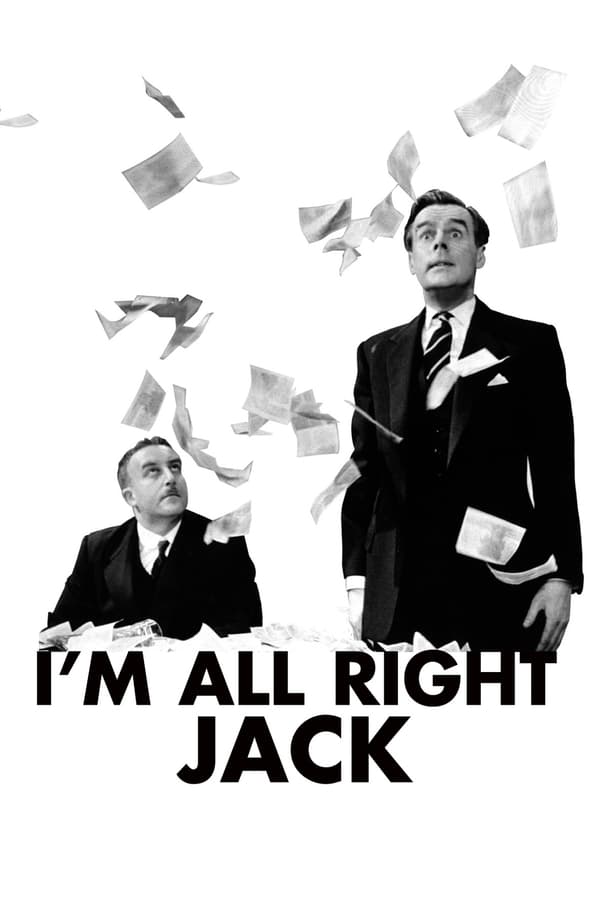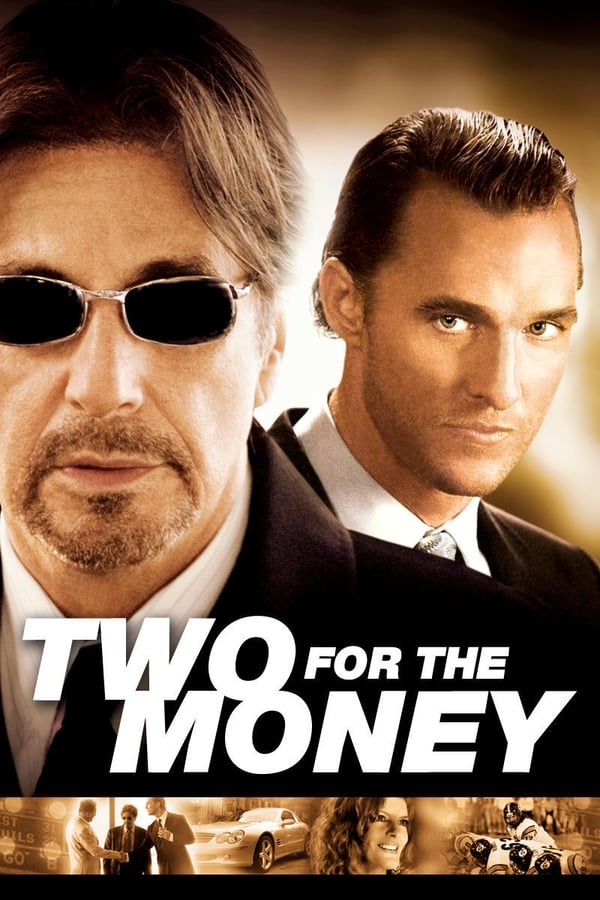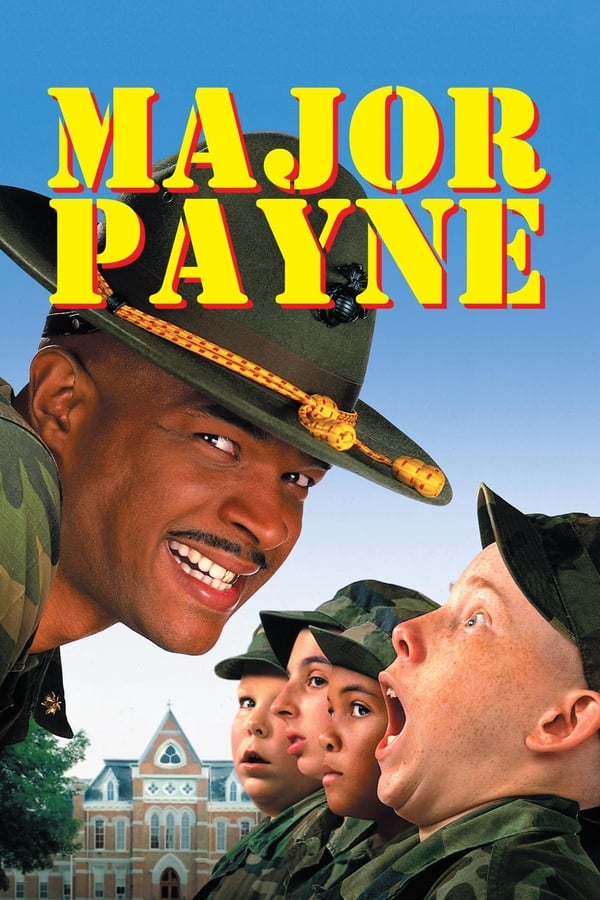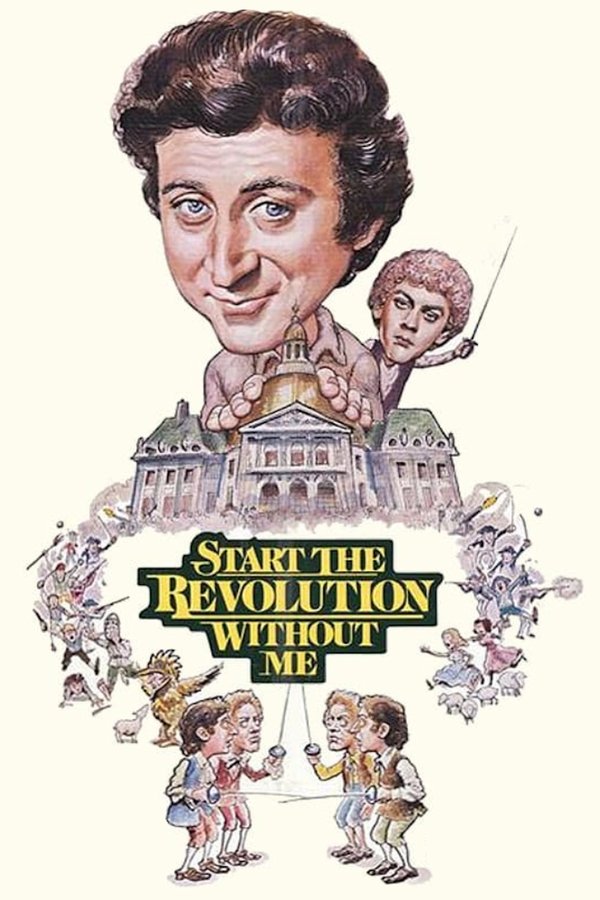Toggle light
Comments
62 Views
Report
FavoriteIf current server doesn't work please try other servers below.
Server
Vidsrc
Server
1080P Only No ads
Server
GD
Server
StreamBucket

I’m All Right Jack 1959 Full Movie Free
I’m All Right Jack Full Movie Free: A Humorous Take on Class Struggles
In the classic film I’m All Right Jack, we follow the misadventures of Stanley Windrush, who finds himself navigating the complexities of the job market and the working class. Set against the backdrop of a nudist camp, the story begins with Stanley chatting with his father at the Sunnyglades Nudist Camp, where he is persuaded to seek a job as a business executive.
Stanley’s Job Hunt: A Series of Unfortunate Interviews
Stanley’s journey into the corporate world takes a turn for the worse when he interviews at the “Detto” company, known for its washing detergent. Unfortunately, his interview leaves a very unfavorable impression, and he fails to secure the position. Undeterred, Stanley continues his quest and interviews at “Num-Yum,” a factory that produces processed cakes. While the cakes taste good, the disturbing process behind their creation leads to an unfortunate incident where Stanley becomes sick into a large mixing bowl of the product. Once again, he fails to land the job.
After a string of 11 interviews in just 10 days, Stanley receives a letter from the recruitment agent, informing him that his unimpressive performance indicates that the industry is not suited for him. This news is disheartening, but it sets the stage for a new opportunity.
Taking a Leap into Blue-Collar Work
Encouraged by his uncle, Bertram Tracepurcel, and his old army comrade, Sidney DeVere Cox, Stanley decides to take an unskilled blue-collar job at Tracepurcel’s missile factory, Missiles Ltd. Initially, he faces skepticism from the communist shop steward, Fred Kite, who questions Stanley’s eagerness and lack of a union card. However, after a period of work-to-rule, Kite takes Stanley under his wing and even offers him a place to stay.
Similar Content
As Stanley settles into his new role, personnel manager Major Hitchcock assigns a time and motion study expert, Waters, to evaluate employee efficiency. The workers refuse to cooperate, but Waters cleverly tricks Stanley into demonstrating how much faster he can operate his forklift truck compared to his more experienced colleagues. This revelation leads to tensions within the factory.
Strikes and Political Intrigue
When Kite learns of the results, he calls for a strike to protect the wages of his union workers. This strike aligns with the interests of Cox and Tracepurcel, who stand to gain from a lucrative contract with a Middle Eastern country. The trio plans to inflate costs, pocketing a significant profit while justifying the higher price to the foreign government.
As the union meets to discuss the situation, they decide to punish Stanley by “sending him to Coventry,” a term that signifies social ostracism. Stanley’s wealthy aunt visits the Kite household, where she is met with sympathy from Mrs. Kite, highlighting the personal stakes involved.
The Fallout of Strikes and Betrayals
As the situation escalates, Cox arrives at his factory, Union Jack Foundries, only to find his workers participating in a sympathy strike. The press sensationalizes the story, portraying Kite as punishing Stanley for his hard work. When Stanley decides to cross the picket line and return to work, revealing his connection to the factory’s owner, Kite asks him to leave his home, leading to further unrest.
This provocation causes Kite’s daughter, Cynthia, and her mother to join the strike, igniting a wave of labor disputes that brings the country to a standstill. Faced with the chaos, Tracepurcel has no choice but to send Hitchcock to negotiate with Kite. Although they reach an agreement, Stanley’s actions have made both sides look bad, and he is ultimately forced to leave.
Revelations and Public Outcry
In a desperate attempt to silence Stanley, Cox tries to bribe him with a bag of money to resign. However, Stanley refuses the offer. During a televised discussion program hosted by Malcolm Muggeridge, Stanley exposes the underhanded motivations of all parties involved. In a dramatic moment, he throws Cox’s bribe money into the air, inciting a riot among the studio audience.
Conclusion: A Humorous Reflection on Society
In the end, Stanley Windrush finds himself accused of causing a disturbance and is bound over to keep the peace for 12 months. The film concludes with him relaxing at a nudist colony with his father, only to find himself fleeing from the unwanted attention of the female residents. This humorous yet poignant tale encapsulates the absurdities of class struggles and the complexities of the working world.
If you’re intrigued by the comedic











